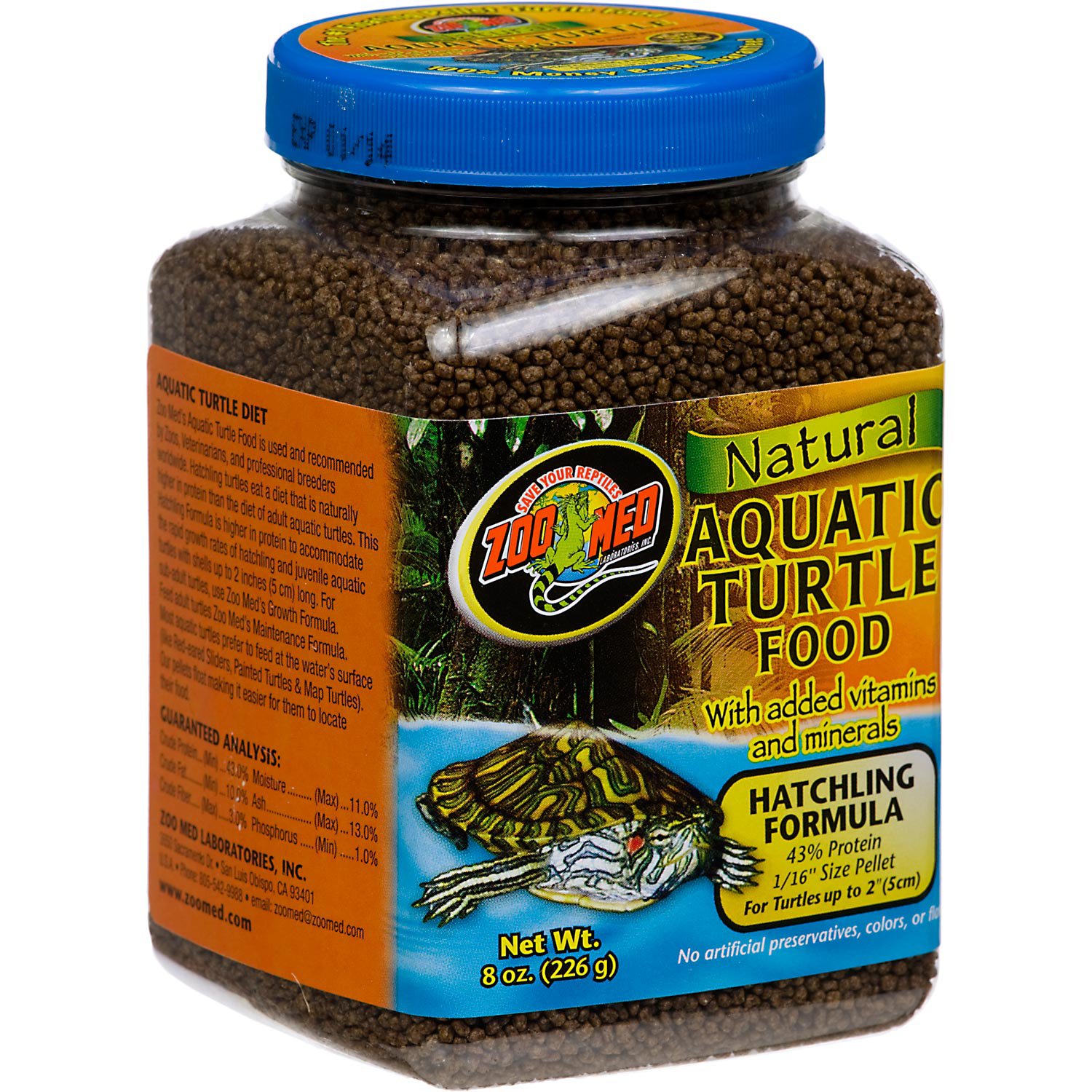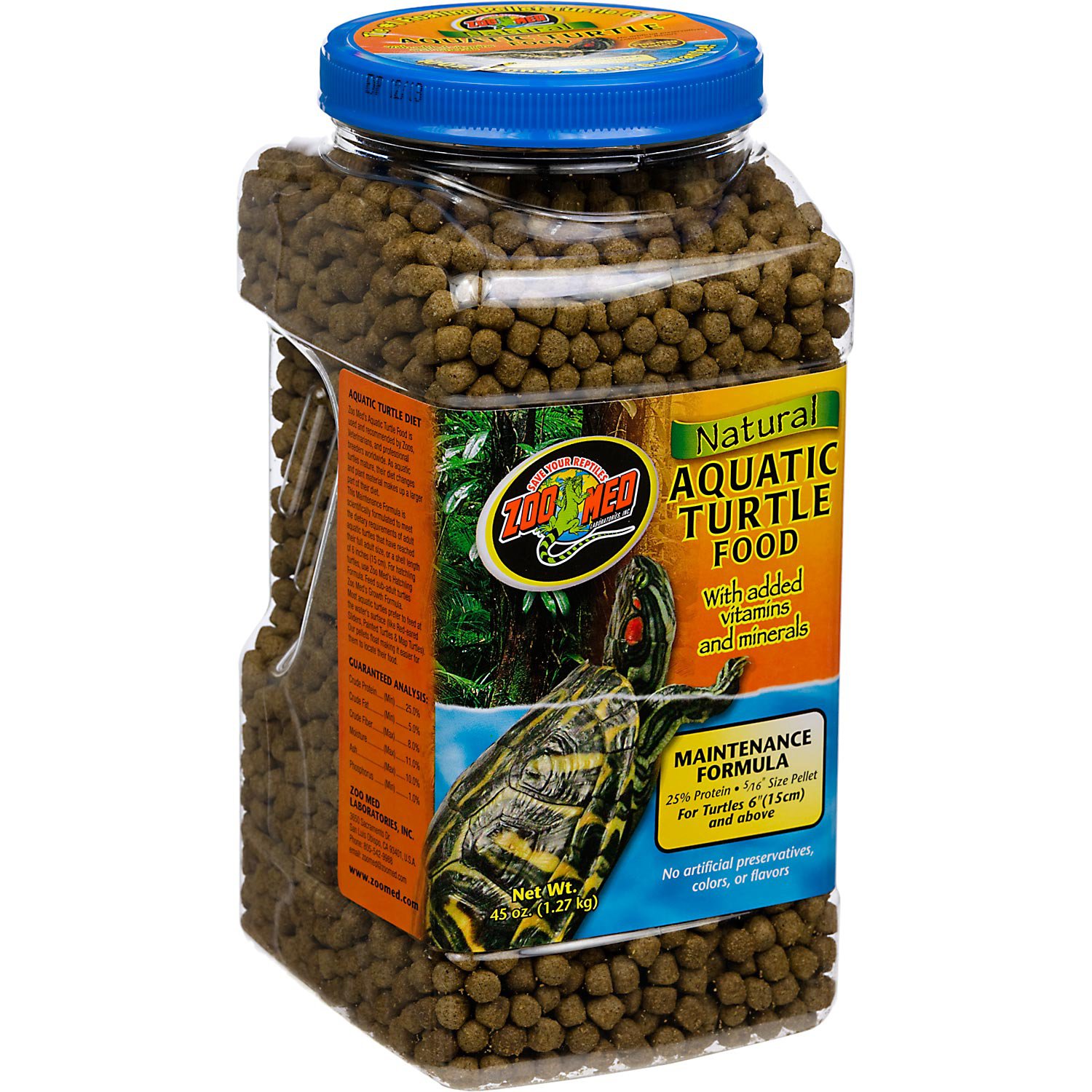Turtles are fascinating creatures, and their diet plays a crucial role in their overall health and well-being. Understanding what to feed your turtle can be a daunting task, especially with the variety of options available. In this comprehensive guide, we will explore everything you need to know about turtle food, including the best types of food for different species and tips for maintaining a balanced diet. Whether you're a new turtle owner or an experienced enthusiast, this article will provide valuable insights to help you care for your shelled friend.
Feeding your turtle properly is essential for its growth, longevity, and happiness. Different species of turtles have different dietary needs, so it's important to tailor their diet to their specific requirements. From commercial turtle pellets to fresh vegetables and proteins, we'll cover all aspects of turtle nutrition and how to create a well-rounded meal plan that keeps your turtle healthy.
In this article, we will delve into the various types of turtle food, how to prepare homemade diets, and the nutritional needs of turtles at different life stages. You'll also find tips on how to introduce new foods to your turtle and the common mistakes to avoid when feeding them. Let’s dive into the world of turtle food and ensure that your pet receives the best care possible!
Table of Contents
- Types of Turtle Food
- Commercial Turtle Food Options
- Homemade Turtle Food Recipes
- Nutritional Needs of Turtles
- Feeding Turtles at Different Life Stages
- Introducing New Foods to Your Turtle
- Common Feeding Mistakes
- Conclusion
Types of Turtle Food
Turtles are omnivores, which means they eat a variety of foods, including plants and animals. Here are the primary types of turtle food you can offer:
- Commercial Pellets: These are specially formulated to meet the dietary needs of turtles and are convenient for owners.
- Vegetables: Leafy greens like romaine lettuce, kale, and collard greens are great options.
- Protein Sources: Offer insects, fish, or cooked meats as a source of protein.
- Fruits: Fruits should only be given in moderation, but options like strawberries, apples, and bananas can be enjoyed.
Commercial Turtle Food Options
Commercial turtle food is widely available and offers a balanced diet in convenient packaging. Here are some popular options:
- Reptomin Turtle Sticks: A popular choice among turtle owners, these sticks provide essential nutrients.
- Zoo Med Aquatic Turtle Food: This food contains a blend of protein and vitamins for healthy growth.
- Hikari Turtle Food: Known for its high-quality ingredients, Hikari offers a variety of formulas for different species.
Homemade Turtle Food Recipes
If you prefer to make your turtle food at home, here are some simple recipes:
Vegetable Mix
- 1 cup chopped dark leafy greens (e.g., kale, spinach)
- 1/2 cup shredded carrots
- 1/4 cup chopped bell peppers
- Mix and serve fresh to your turtle.
Protein Blend
- 1/2 cup cooked chicken (shredded)
- 1/4 cup mealworms or crickets
- Mix and serve as a protein-rich treat.
Nutritional Needs of Turtles
Understanding the nutritional needs of your turtle is essential for its health. Here are the key nutrients:
- Protein: Essential for growth and energy.
- Vitamins: Vitamins A, D3, and calcium are vital for shell health.
- Fiber: Important for digestion and overall health.
Feeding Turtles at Different Life Stages
The dietary needs of turtles change as they grow. Here's a brief overview:
Hatchlings
- High protein diet is crucial for fast growth.
- Offer small amounts of commercial pellets and protein sources.
Juveniles
- Begin to introduce more vegetables and fiber.
- Maintain a balanced diet with a mix of protein and greens.
Adults
- Focus on a plant-based diet with less protein.
- Offer a variety of vegetables and occasional protein treats.
Introducing New Foods to Your Turtle
When introducing new foods, it's important to do so gradually. Here are some tips:
- Start with small amounts to see how your turtle reacts.
- Mix new foods with familiar ones to encourage acceptance.
- Observe your turtle for any signs of digestive upset.
Common Feeding Mistakes
Avoid these common pitfalls when feeding your turtle:
- Overfeeding: Turtles can become overweight if fed too much.
- Ignoring Species-Specific Needs: Different turtle species have unique dietary requirements.
- Feeding Inappropriate Foods: Avoid foods that are toxic to turtles, such as avocado.
Conclusion
Feeding your turtle a balanced and nutritious diet is essential for its health and longevity. By understanding the types of turtle food available, the nutritional needs of different species, and the common mistakes to avoid, you can ensure that your turtle thrives. If you have any questions about turtle nutrition or want to share your experiences, please leave a comment below!
Remember, a healthy turtle is a happy turtle. Explore more about turtle care and feeding by checking out our other articles. Thank you for reading, and we hope to see you back soon!
You Might Also Like
Exploring The Legacy Of Frankfurt FC: A Comprehensive GuideExploring Samples Architecture Drawings: A Guide To Understanding Architectural Design
Ultimate Guide To Valentine's Gifts: Perfect Ideas For Every Relationship
Affordable Solutions: Your Guide To Cheap Dumpster Rental
Understanding Beer Belly: Causes, Effects, And Solutions
Article Recommendations
- Daryl Hannah
- How Old Is Miguel Diaz
- Tumblr Fashion Male
- Digital Strategy_0.xml
- Cast Of Hidden Figures
- Chandie Yawn Nelson
- Legal Seafood Recipes Crab Cakes
- Claudine Blanchard Crimes
- Bang On Casino
- Collision Repair Before And After


